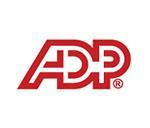
A new healthcare initiative might be picking up speed in Sweden. Some Swedish healthcare institutions have started rolling out six-hour work days for their employees. The experiment, which began in February of 2015, is looking to shorten the average workday from eight hours, down to six, hopefully raising employee productivity, health and job satisfaction.
So far, early findings look promising. Lise-Lotte Pettersson (an Assistant Nurse at Svartedalens care home) said, “I used to be exhausted all the time, I would come home from work and pass out on the sofa. But not now. I am much more alert. I have much more energy for my work and also for family life.” in an interview with Swedish newspaper the Guardian.
In the U.S. healthcare industry, long hours are traditionally thought to be a prerequisite for success. Employers and their workers alike are finding that might not exactly be the case. Longer days at work have been shown to actually be counterproductive, as employees might be weary, and unfocused on their tasks.
Market research firm Harris Interactive conducted their third annual Work Stress Survey on behalf of Everest College, polling 1,019 American working professionals. The findings revealed that more than eight out of ten professionals consider themselves “actively stressed” by their jobs.
The International Labor Organization collected data and found that “Americans work 137 more hours per year than Japanese workers, 260 more hours per year than British workers, and whopping 499 more hours per year than French workers.” Shorter workdays could be a welcome sight for employees constantly grappling with fatigue.
Keep in mind, fewer hours don’t necessarily mean less gets accomplished or that the quality of work will suffer. Many Nurses said the care they give has actually improved and that they’re happier while they work. The real issue is managing the efforts of healthcare professionals on the clock, since shorter shifts will drastically reduce margins for error in the workplace.
Actsoft understands the importance of effective workforce management, especially with shorter work days potentially on the table. Workforce management and timekeeping technologies can operate in tandem, encouraging the most productivity possible from employees spending less time on the clock.
Comet Tracker can increase efficiency by streamlining several processes. For instance, the software lets nurses and other healthcare practitioners clock in and out on-the-go from mobile devices, freeing up more time for them to tend to patients. All of the logged timekeeping information is then transmitted to managers, so they can monitor employee habits and patterns to better allocate tasks during a shorter workday.
With Comet Tracker software, healthcare supervisors can instantly see where nurses are, what they’re working on and gauge their availability for the next assignment. Advanced Wireless Forms can also help keep patient files and other sensitive information organized and available at all times.
Shorter working hours won’t be a magic pill for the Healthcare Industry. Deadlines will be tighter, and employees will become more accountable for what they do while they’re clocked in. Actsoft technology can help save time between tasks while letting supervisors manage a mobile workforce.
















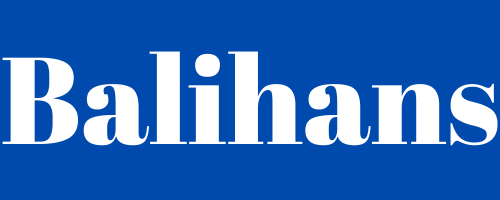





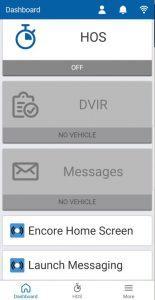
 Encore & Geotab Drive
Encore & Geotab Drive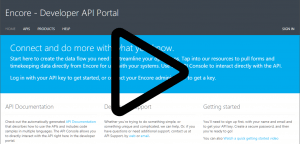
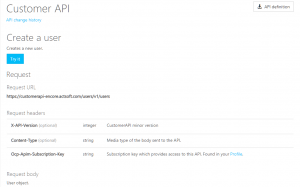
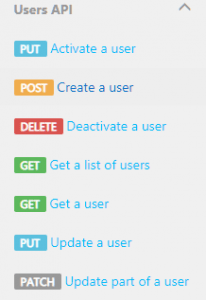
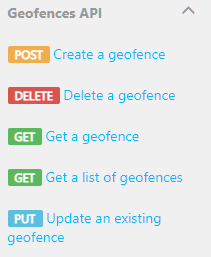
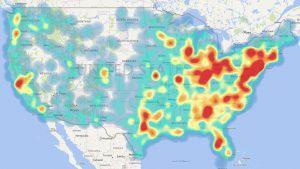
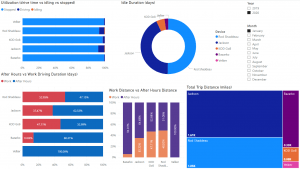
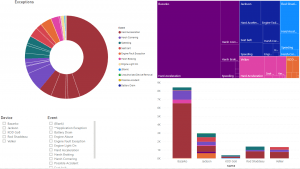
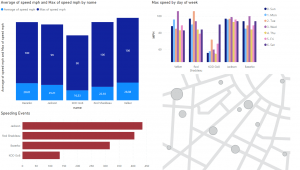
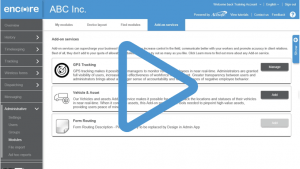
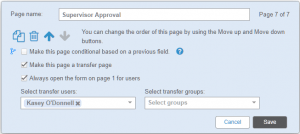
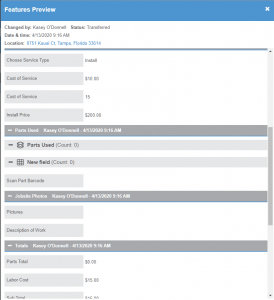
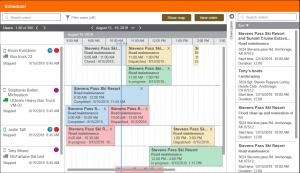
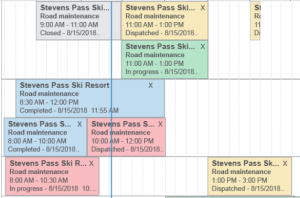

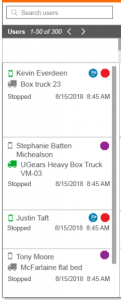
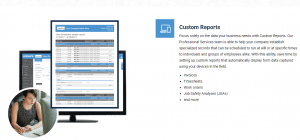
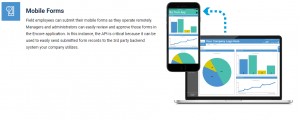


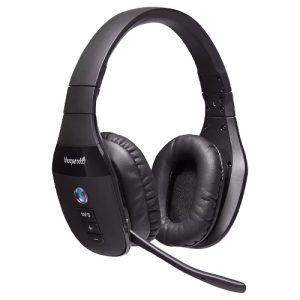
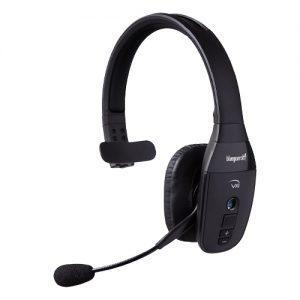
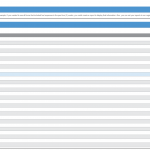
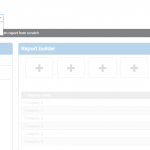
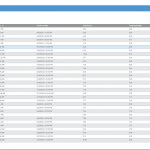
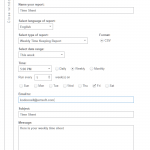
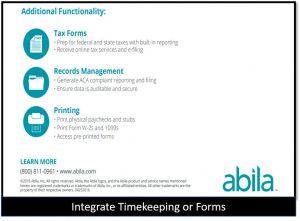
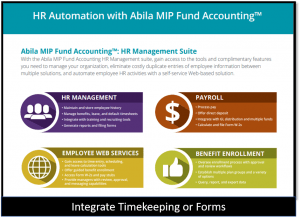
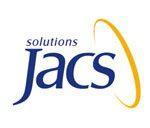



 Actsoft partnered with Odin to provide our solutions overseas, through payment processing integrations. Odin helps us support user management for our software; customers can also purchase our products through Odin’s billing platform.
Actsoft partnered with Odin to provide our solutions overseas, through payment processing integrations. Odin helps us support user management for our software; customers can also purchase our products through Odin’s billing platform.

 VisTracks powers our Electronic Logging Device (ELD) solution, which enables transportation businesses to easily automate their hours of service logs, remain in governmental compliance, and reduce their potential to incur costly fines.
VisTracks powers our Electronic Logging Device (ELD) solution, which enables transportation businesses to easily automate their hours of service logs, remain in governmental compliance, and reduce their potential to incur costly fines. Integration between Actsoft solutions and BeWhere’s software products is available. Take your team’s asset tracking, cellular data connectivity, and field insight a step further with effective, cross-application compatibility.
Integration between Actsoft solutions and BeWhere’s software products is available. Take your team’s asset tracking, cellular data connectivity, and field insight a step further with effective, cross-application compatibility.
 CalAmp tracking devices for vehicles and assets alike are compatible with Actsoft solutions, making it easy for you to efficiently monitor your equipment and fleet cars. Help your team enhance accountability, safety, and savings through a combination of easily installed hardware and intuitive software.
CalAmp tracking devices for vehicles and assets alike are compatible with Actsoft solutions, making it easy for you to efficiently monitor your equipment and fleet cars. Help your team enhance accountability, safety, and savings through a combination of easily installed hardware and intuitive software.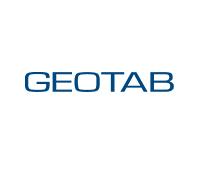 Gain even greater insight into the daily activities of your fleet using the combination of Geotab and Actsoft. Geotab devices provide detailed data collection and seamless integration with our solutions; learn more about the ways your vehicles are being used daily with the power of this tandem.
Gain even greater insight into the daily activities of your fleet using the combination of Geotab and Actsoft. Geotab devices provide detailed data collection and seamless integration with our solutions; learn more about the ways your vehicles are being used daily with the power of this tandem.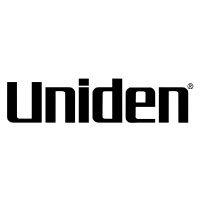 Our partnership with Uniden is ideal for companies looking to gain advanced diagnostics on their fleets. Uniden’s extensive product listing of car electronics like radios, dash cams, radar detectors, and in-vehicle communicators work in concert with Actsoft’s solutions to better connect your vehicles to the company headquarters.
Our partnership with Uniden is ideal for companies looking to gain advanced diagnostics on their fleets. Uniden’s extensive product listing of car electronics like radios, dash cams, radar detectors, and in-vehicle communicators work in concert with Actsoft’s solutions to better connect your vehicles to the company headquarters.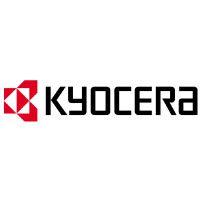 Kyocera offers a wide range of mobile devices, ranging in design from traditional phones to ultra-durable handset technology. Actsoft is able to equip organizations in a variety of different industries with solutions for improved business, while Kyocera supplies the technology they can flawlessly operate on.
Kyocera offers a wide range of mobile devices, ranging in design from traditional phones to ultra-durable handset technology. Actsoft is able to equip organizations in a variety of different industries with solutions for improved business, while Kyocera supplies the technology they can flawlessly operate on.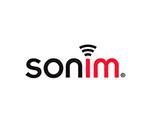

 Motorola’s mobile technology works in tandem with our solutions to provide extra versatility to your business practices. Coupled with our software’s features, Motorola’s reliable devices make connecting your workforce simpler than ever to do.
Motorola’s mobile technology works in tandem with our solutions to provide extra versatility to your business practices. Coupled with our software’s features, Motorola’s reliable devices make connecting your workforce simpler than ever to do.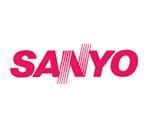 Actsoft and Sanyo teamed up to merge intuitive business management software with the technology of today. This partnership allows us to provide you with all the tools your team needs for improved workflows, better coordination, and optimized productivity.
Actsoft and Sanyo teamed up to merge intuitive business management software with the technology of today. This partnership allows us to provide you with all the tools your team needs for improved workflows, better coordination, and optimized productivity. We’re able to bundle certain solutions of ours (including our Electronic Visit Verification options) with Samsung devices to help your team achieve as much functionality as possible, while keeping rates affordable. Use these combinations for accurate recordkeeping, improved communication, and smarter data collection in the field.
We’re able to bundle certain solutions of ours (including our Electronic Visit Verification options) with Samsung devices to help your team achieve as much functionality as possible, while keeping rates affordable. Use these combinations for accurate recordkeeping, improved communication, and smarter data collection in the field.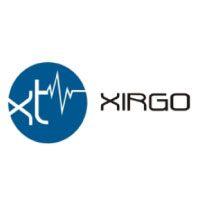
 Our software is the perfect complement to Apple’s user-friendly technology. Equip your workforce with the devices and solutions it needs for optimized productivity during daily operations with Apple and Actsoft.
Our software is the perfect complement to Apple’s user-friendly technology. Equip your workforce with the devices and solutions it needs for optimized productivity during daily operations with Apple and Actsoft.
